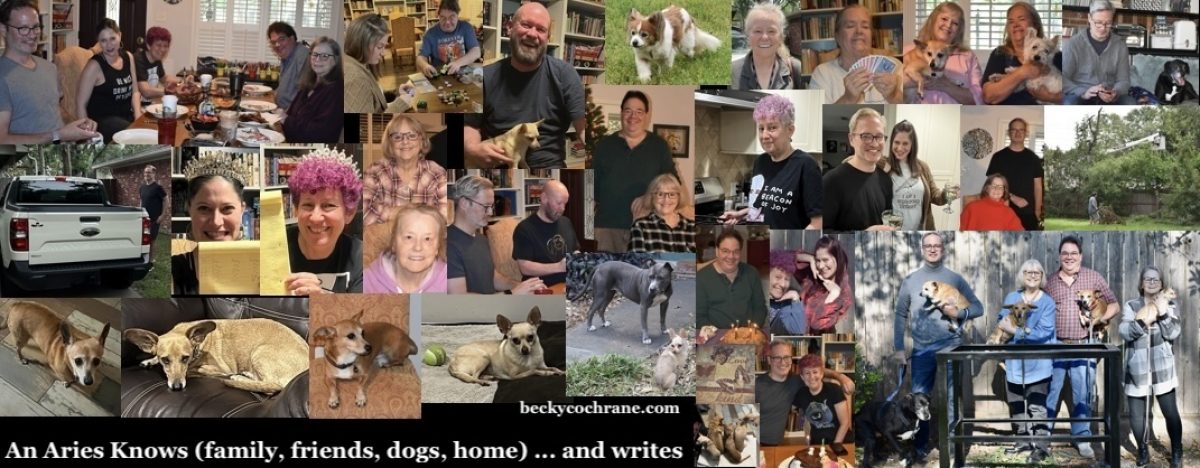
The next section of Lisicky’s Song So Wild And Blue addresses the idea of success as “bigness.” It’s born of a comment a friend makes to him on Paul’s new romantic relationship with a renowned and successful poet and memoirist (who will become his husband in a relationship of eighteen years from beginning to divorce).
It’s not the only big relationship he’s looking at. He’s also having one with Provincetown, the new home he found because of the fellowship he’d been awarded (mentioned in yesterday’s post). And his relationship with Joni Mitchell’s music has endured as indicated by his first reference in this section: “Teeth sunk into the hand,” from the lyrics to “For The Roses,” the title song of her 1972 album. I, who have from time to time taught song lyrics to students in my English composition classes, feel confident there’s a world of material in that single song someone could teach–and someone must surely have done so (if not Lisicky himself). For an artist, success can lead to a sentence like this one from Lisicky: On some days I was learning more than I cared to learn.
This is the part of the memoir during a time when I became a distant observer, then participant. My first awareness of Lisicky’s partner was through my friend James, who gave me his memoir to read after John (friend of Tom’s and mine, partner of James) died. I’m not going to look up when I went to the first of the poet’s readings I’d go to, or how those years may coincide with his ten years as a professor in the graduate program at the University of Houston. It’s through the poet that I came to know the work of Lisicky. Timothy and I also interacted with both at Saints and Sinners, and probably because of that, we were able to include Paul’s stories in Fool For Love: New Gay Fiction (2009) and Foolish Hearts: New Gay Fiction (2014).
Having been an outside witness to this period of their relationship and work, my perspective puts me in somewhat the same position Paul is in as observer and follower of Mitchell’s life and work. To know the art. To have some familiarity with the personal life. To read the articles, or hear the gossip second hand. To have all that in the back of one’s mind while absorbing the new work (song or poem or prose) and comparing it to everything that came before. To watch for the threads, the subtleties, the unspoken revelations.
Through Paul’s references to albums and performances and his perceptions of Joni’s evolving state of mind about her life and her art, I find myself researching (easy for her as subject, because she’s been a public figure for so many decades), Which friend, then, is this about? Which lover? Who broke her heart? Who has made her angry/made her brood about the past/changed her focus–a person or the industry itself? Why is this place important? What does this animal symbolize? But everything I will guess at and conclude means shaping someone else’s stories through the personal lens of my own loves and losses and lessons learned.
This is what we do, whether as humans or other artists: ferret out and fashion multiple layers of story as we listen or read or study or teach or share. And so I find, in the beginning of a relationship, its ending foretold in this passage: When adventure came calling for you, you gave it your full yes, even if you were scared, even if you knew you were about to leave so much of your past lives behind. The odd thing about being an adult is how fast your life can change.
This part of the book held particular power for me not only because of Paul’s relationships with partner, place, and music, but also the novel he was writing at that time. I’d recommend his thoughts on writing as expressed here to any aspiring writer.
There’s also a heart-stopping reminder that if an artist is in a relationship with another well-known/acclaimed artist, the person and the work will be judged with and against that–by journalists and critics and consumers. By publishers and producers and investors. Think of your own favorite, or the world’s best known, couples made up of two music artists, two actors, two authors, two visual artists. The judgments, the compromises, the spin.
It’s part of what I’ve been writing for the past six years.
Joni Mitchell songs cited in this section include:
“For The Roses” 1972
“The Sire of Sorrow (Job’s Sad Song)” 1994 (this song is heartbreaking and again, prophetic)
“Black Crow” 1976
